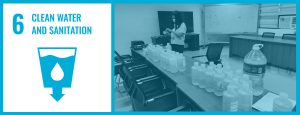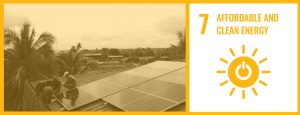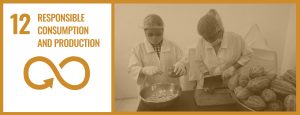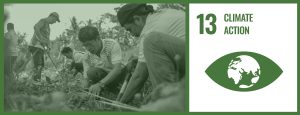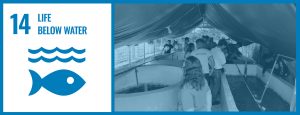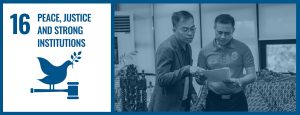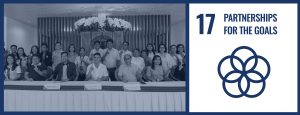2024 Research | SDG 14 – Life Below Water
Research Programs
AI-BASED PH LEVEL DETECTOR AND NEUTRALIZER OF FISH PONDS
Proponents: Engr. Maribel S. Abalos 1 and Orfel L. Bejarin 2
Abstract
Because of its marketability and nutritional worth, tilapia is a popular and easily bred species, and the Philippines’ fisheries industry makes a substantial economic contribution. Nevertheless, a lot of fish business owners view aquaculture as a supplemental source of revenue, which leads to inconsistent feeding and insufficient water quality monitoring. Water’s pH, which should be neutral at 7.0, can change for a number of reasons, such as pollution and environmental variables, which can have a negative impact on fish productivity and health. Reduced yields can result from fish stress and injury caused by low pH levels. This study emphasizes how important it is to keep an eye on water quality, especially pH levels, in order to maximize the results of fish farming. Between 2019 and 2020, aquaculture production in Region 2 grew by 4.1%, however commercial fishing saw a decrease. Because they are straightforward, traditional monitoring techniques are still widely used; among fish producers, visual observation is the most popular method. This project created an Arduino-based pH level detector and neutralizer to overcome the difficulties in keeping an eye on the pH levels in fish ponds. This device provides real-time feedback for any necessary modifications while automating the measurement of water’s acidity and alkalinity. The results showed notable variations in acidity and demonstrated that the developed model successfully assesses pH values across a range of samples, including distilled water, tap water, soft drinks, and alcohol. The results highlight how crucial it is to combine contemporary technology with conventional methods in order to enhance aquaculture water quality monitoring and management and guarantee the best possible conditions for fish sustainability and health. In order to improve aquaculture practices in the Philippines and strike a balance between ecological stability and economic growth, this research promotes regular monitoring and resource provision.






